The Lifesaving Duo. Knowing your Blood Pressure & Cholesterol Numbers
Understanding the Importance
In the journey towards a healthier life, knowing your numbers is vital. Blood pressure and cholesterol levels are key indicators of your cardiovascular health and are critical in preventing and managing heart disease and stroke. By understanding and monitoring these numbers, you can take significant strides in safeguarding your health and well-being.
Blood Pressure: Your Silent Guardian
Blood pressure is the force exerted by circulating blood on the walls of your body's arteries. It is expressed in two numbers: systolic (pressure when your heart beats) and diastolic (pressure when your heart rests between beats). Ideal blood pressure is typically around 120/80 mmHg.
Why It Matters: High blood pressure, or hypertension, is a silent threat that can damage your heart, kidneys, and other organs without noticeable symptoms. Knowing your numbers can lead to early detection and management, reducing your risk of heart attack, stroke, and other complications.
Cholesterol: More Than Just Fat
Cholesterol is a waxy substance found in your blood. Your body needs it to build healthy cells, but too much can lead to fatty deposits in your blood vessels. There are two main types: LDL (bad cholesterol) and HDL (good cholesterol).
Why It Matters: High levels of LDL cholesterol can lead to plaque buildup in your arteries, known as atherosclerosis, increasing your risk of heart attack and stroke. Understanding your cholesterol numbers helps you make informed decisions about your diet and lifestyle.
Taking Control: How to Know and Manage Your Numbers
- Regular Check-ups: Make blood pressure and cholesterol screenings a part of your routine medical care. Adults should have their blood pressure at their annual wellness visit, and cholesterol levels checked every 4-6 years or as recommended by a healthcare provider.
- Understand the Numbers: Learn what your numbers mean. A blood pressure below 120/80 mmHg and LDL cholesterol levels as low as possible within the recommended range are generally considered healthy. Discuss your specific targets with your healthcare provider.
- Lifestyle Adjustments: Engage in regular physical activity, eat a balanced diet low in saturated fats and high in fruits and vegetables, maintain a healthy weight, limit alcohol intake, and quit smoking / vaping. Small changes can lead to significant improvements in your numbers and overall health.
- Medication When Necessary: For some, lifestyle changes alone may not be enough. Be open to the possibility of medication to control high blood pressure or cholesterol. Always follow your healthcare provider's guidance.
- Stay Informed: Educate yourself about the risks associated with high blood pressure and cholesterol. The more you know, the better equipped you'll be to make healthy choices.
Today is the day to start knowing your numbers.
Schedule a screening, talk to your healthcare provider, and take an active role in understanding and managing your blood pressure and cholesterol levels. Remember, knowledge is power—by knowing your numbers, you're taking a crucial step towards a healthier, happier life.
Let's commit to a healthier future, one number at a time!
